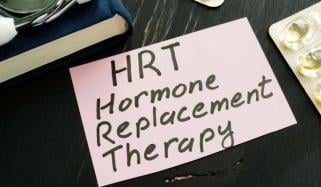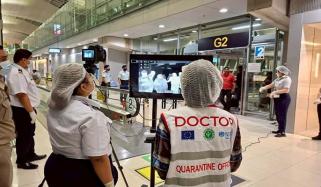
A new study revealed that work-related stress and effort reward imbalance increase the risk of atrial fibrillation (AFib).
According to News Medical, a study published in the journal of the American Heart Association suggested that stress caused by job strain and when employees receive less reward than their work may affect their heart health.
The senior author of the study, Xavier Trudel, Ph.D., said, “Our study suggests that work-related stressors may be relevant factors to include in preventive strategies. Recognizing and addressing psychosocial stressors at work are required to foster healthy work environments that benefit both individuals and the organizations where they work."
He further added, “The effectiveness of workplace interventions to reduce psychosocial stressors that may also reduce the risk of AFib should be investigated in future research efforts.
The researcher who examined nearly 6,000 adults over the course of 18 years found that employees who experience high job strain have an 83% higher risk of AFib, while those who are rewarded less have 44% higher chances of getting the disease.
Trudel noted, “Our research team previously conducted an organizational intervention designed to reduce psychosocial stressors at work, which was shown to effectively reduce blood pressure levels.”
The researcher explained, “Examples of organizational changes implemented during the intervention included slowing down the implementation of a large project to prevent increased workload; implementing flexible work hours; and holding meetings between managers and employees to discuss day-to-day challenges."
To note, the limitation of the study is that all the participants were white-collar workers, which means that the finding does not apply to other employees.















